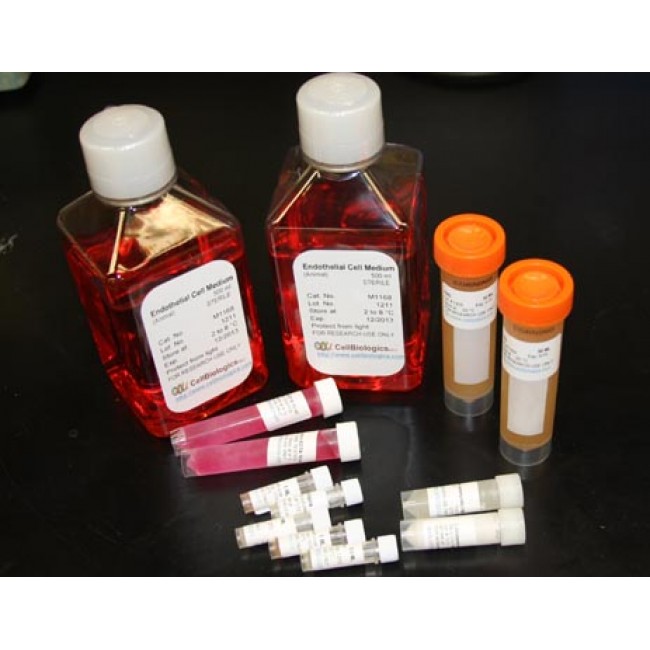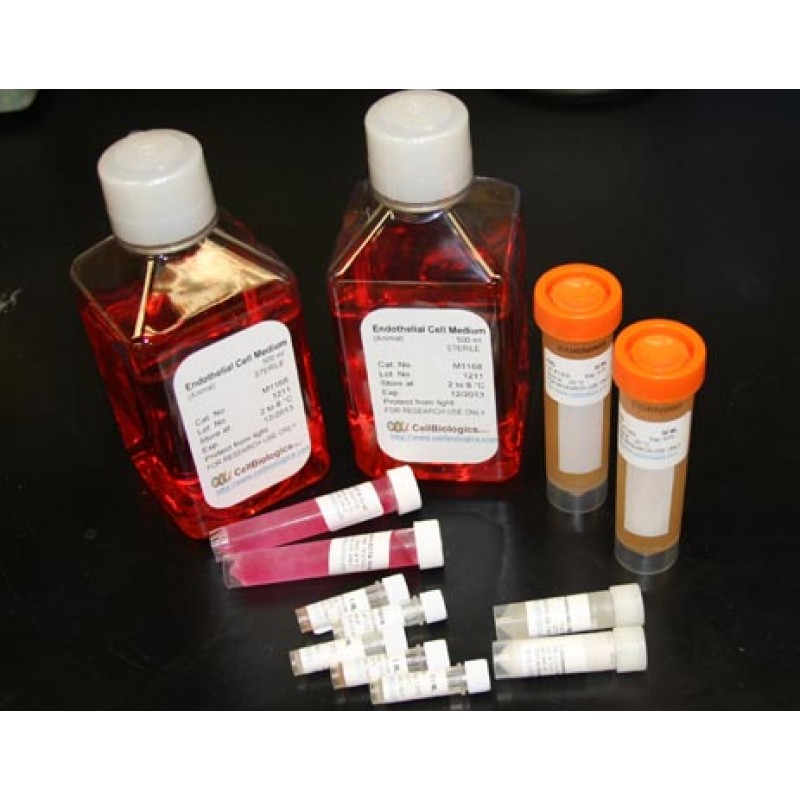Gal-3 interacts, via its lectin domain, with glycoproteins and glycolipids on the surface of animal cells. It has been shown that nuclear Gal_3 can modulate gene expression while cytosolic Gal_3 can inhibit apoptosis and participate in exocytosis. Gal-3 is generally expressed by the epithelial cells of many tissues as well as by inflammatory cells. An increased level of Gal-3 expression may lead to some lymphomas, as well as thyroid and hepatic carcinomas while the down-regulation has been associated with breast and colon cancer.


